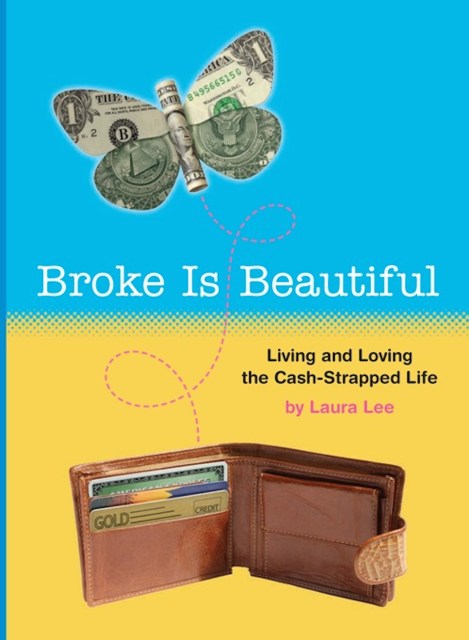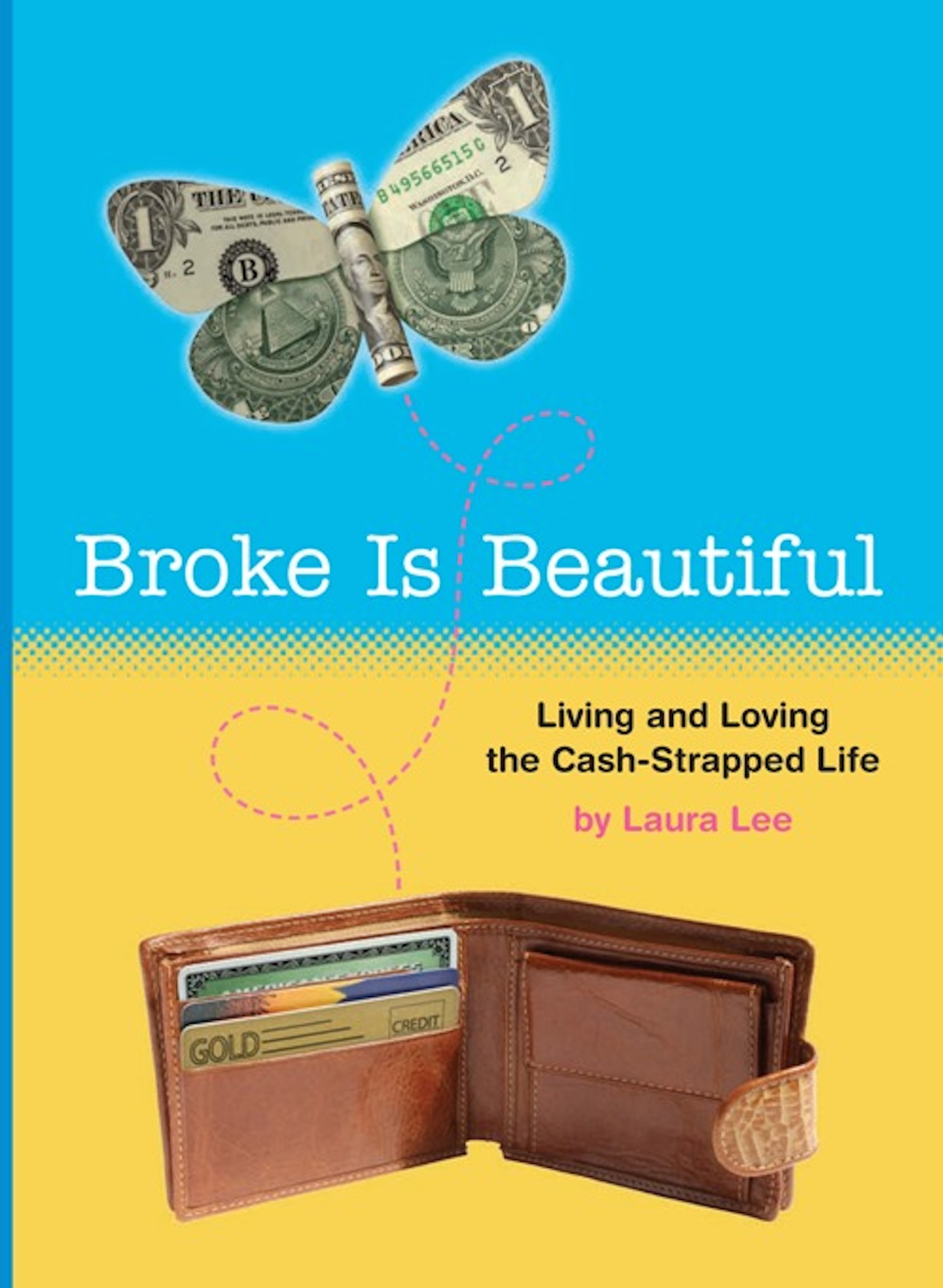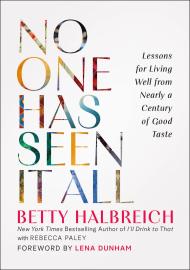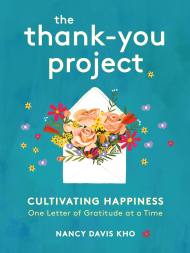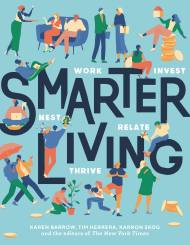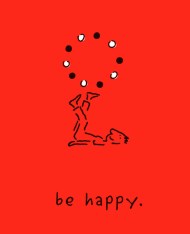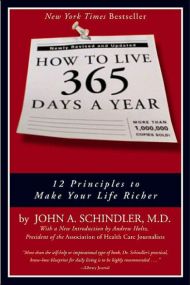By clicking “Accept,” you agree to the use of cookies and similar technologies on your device as set forth in our Cookie Policy and our Privacy Policy. Please note that certain cookies are essential for this website to function properly and do not require user consent to be deployed.
Broke Is Beautiful
Living and Loving the Cash-Strapped Life
Contributors
By Laura Lee
Formats and Prices
- On Sale
- Apr 13, 2010
- Page Count
- 272 pages
- Publisher
- Running Press
- ISBN-13
- 9780762440375
Price
$9.99Price
$12.99 CADFormat
Format:
ebook $9.99 $12.99 CADThis item is a preorder. Your payment method will be charged immediately, and the product is expected to ship on or around April 13, 2010. This date is subject to change due to shipping delays beyond our control.
Buy from Other Retailers:
In the tradition of Alain de Botton’s How Proust Can Change Your Life and Eric Wilson’s Against Happiness: In Praise of Melancholy, here is an unconventional take on a subject that is relevant to us all. It is quirky comfort for the (literally) poor soul: offering historical and geographic perspective, ponderings on consumerism and credit scores, and even recipes for ramen noodles.
Newsletter Signup
By clicking ‘Sign Up,’ I acknowledge that I have read and agree to Hachette Book Group’s Privacy Policy and Terms of Use
